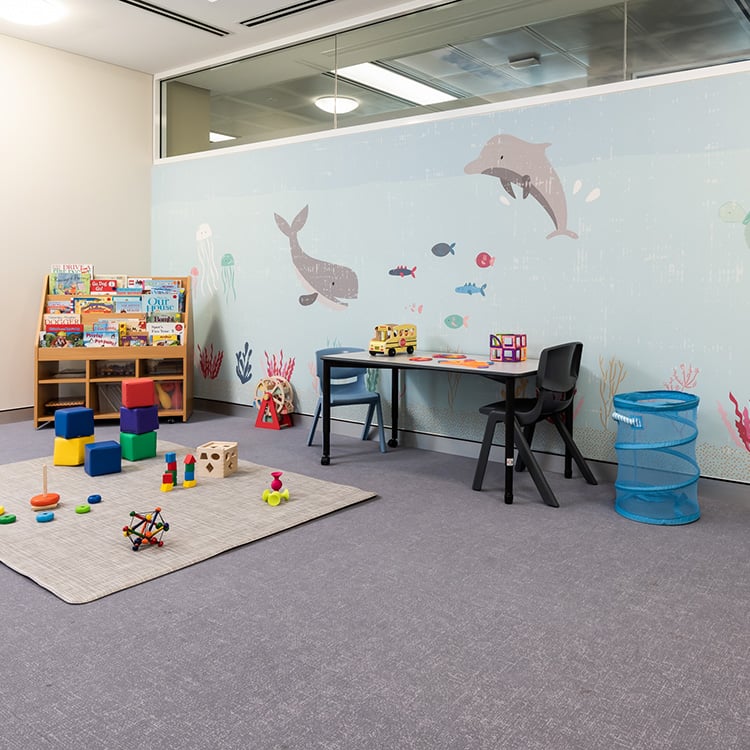Search


Creche services are available for families to use at CliniKids.

Fill out this form to receive more information about PACT online training.

News & Events
PhD top up award to help tackle systemic inequalitiesEmbrace PhD top up award to help Elmie Janse van Rensburg tackle systemic inequalities through research into intergenerational trauma.

Crisis and mental health support organisations and contact details Emergency Assistance 000 Lifeline Phone and online counselling support available
Research
Clinical Management of Staphylococcus aureus Bacteremia in Neonates, Children, and AdolescentsStaphylococcus aureus is a common cause of community and health care-associated bacteremia, with authors of recent studies estimating the incidence of S aureus bacteremia (SAB) in high-income countries between 8 and 26 per 100 000 children per year. Despite this, <300 children worldwide have ever been randomly assigned into clinical trials to assess the efficacy of treatment of SAB.
Research
Reference exome data for Australian Aboriginal populations to support health-based researchOur data set provides a useful reference point for genomic studies on Aboriginal Australians
Research
Children's neighbourhood physical environment and early development: an individual child level linked data studyThe neighbourhood physical environment has a weak but significant association with early childhood development
Research
Clinical protocol for a longitudinal cohort study to identify markers of vaccine immunogenicity in newborn infants in the gambia and papua New GuineaImmunity is distinct in early life and greater precision is required in our understanding of mechanisms of early life protection to inform development of new pediatric vaccines
Research
Associations between clusters of early life risk factors and developmental vulnerability at age 5This study investigated the associations between clusters of early life risk factors and developmental vulnerability in children's first year of full-time school at age 5
